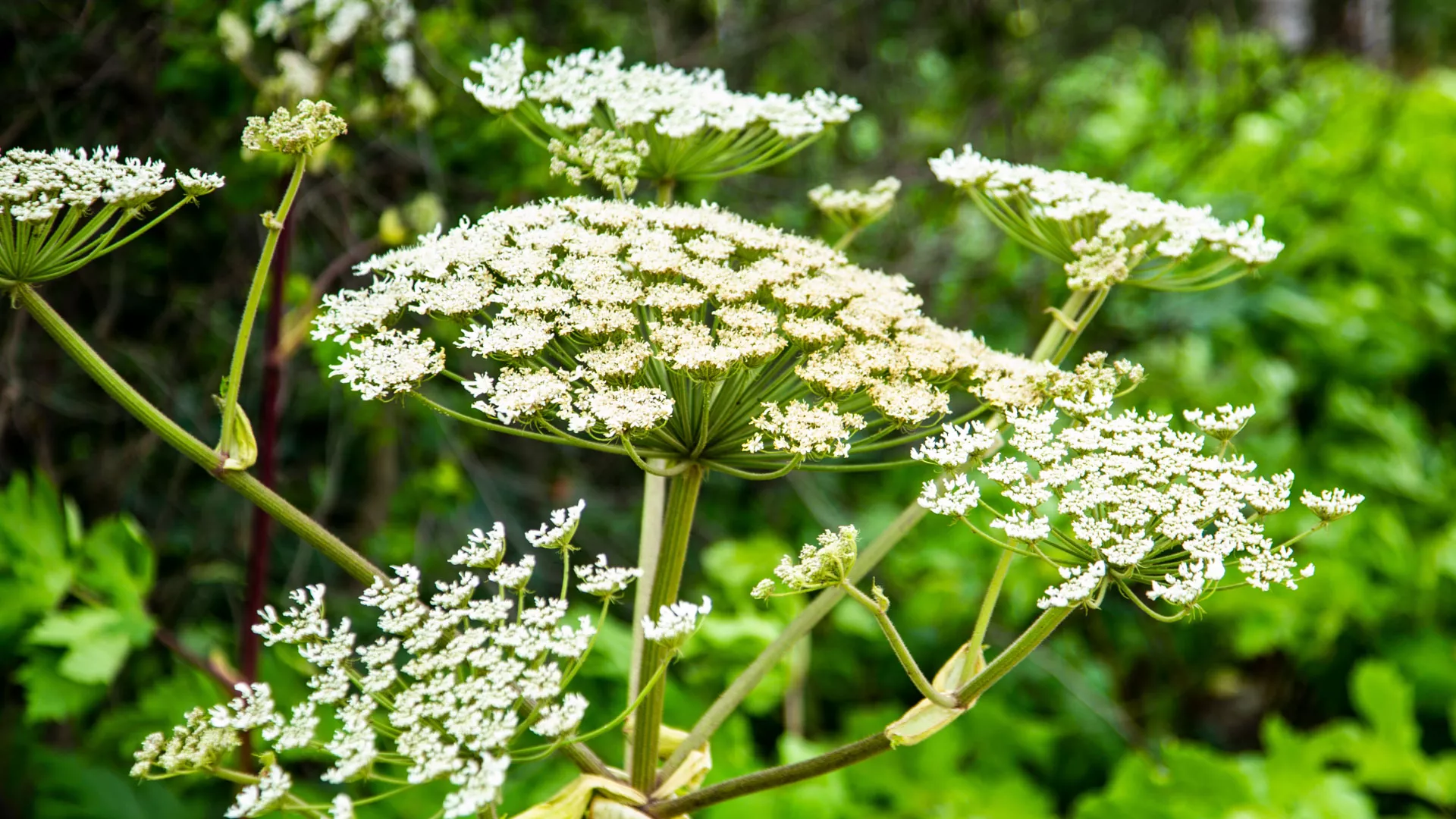Protect yourself from noxious weeds
Vaughan is home to many beautiful flowers, plants and trees that help enrich the environment. But some of those plants – like noxious weeds – can be harmful, so it’s important to know what to do if you spot one. The City of Vaughan is providing resources to help you identify noxious weeds and avoid coming into contact with them.
The most common noxious weeds in Vaughan are Cow Parsnip, Giant Hogweed, Poison Ivy and Wild Parsnip. These weeds are poisonous and may cause negative effects, such as skin irritation, if touched. If you spot one of these plants, do not touch or attempt to remove it yourself. The best way to reduce exposure to toxic plants is to avoid them. If you have concerns or have spotted a noxious weed in your neighbourhood, please contact the City by phone at 905-832-2281 or email at service@vaughan.ca. The City will remove noxious weeds on City property. Removal of weeds on private property is to be done at the homeowner’s expense.
For more information, or if you have questions about noxious weeds in your area, visit vaughan.ca/parks.
Tips for managing weeds on your property
The Long Grass and Weeds By-law (PDF) helps keep Vaughan’s communities clean, safe and looking their best. Unkempt lawns take away from the beauty of the community and overgrown weeds can attract vermin and pests, as well as create barriers for pedestrians and motorists.
Here are some tips on how to control weeds on your property:
- Raise your lawnmower blades to three or four inches (about 7.5 to 10 centimetres) – taller grass will shade out weed seeds and prevent them from germinating.
- Overseed your grass and topdress with compost. Overseeding is planting grass seed directly into the grass without tearing it up, ensuring weeds do not have room to grow roots. Topdressing applies compost without working it into your lawn, which adds nutrients to the soil to promote dense grass cover that can block weed seeds from growing.
- Aerate your lawn. This involves piercing the soil with small holes to allow air, water and nutrients to penetrate the grass roots. By increasing space within the soil, plant roots have more room to spread and grow, which helps crowd out weeds.
- Add white clover to seed mix – this is a low-growing, hardy plant that adds nitrogen to the soil.
- Fertilize your lawn in spring and fall – healthy lawns are thicker and can shade out weeds.
- Consider alternative lawn covers, where possible. Groundcovers are low-growing, spreading plants that help stop weeds from growing.
Remember to only water when needed, and follow the City’s outdoor water use restrictions and schedules. In general, grass watering involves:
- adding one inch of water per week (during dry periods)
- watering in the early morning or evening
- using sprinklers or soaker hoses that keep water low to the ground
- doing long and slow soakings that encourage water closer to the soil for deep-rooting and a more drought-resistant lawn
To file a complaint about a property violating the Long Grass and Weeds By-law, call the City at 905-832-2281. To learn more, visit the Property Standards and Yard Maintenance webpage.
How the City is managing noxious weeds
The City inspects public land for legislated noxious weeds, following the Weed Control Act, 1990.To control weeds in City parks, boulevards, sports fields and other green spaces, grass in these areas is cut regularly to keep weeds at a minimum. Even with regular cuts, areas may appear unkempt as weeds grow faster than grass.
To learn about the City’s seasonal horticulture operations, visit vaughan.ca/horticulture.
For updates and news as they happen, subscribe to Vaughan News and follow the official corporate channels on X, Facebook, Instagram and LinkedIn.





